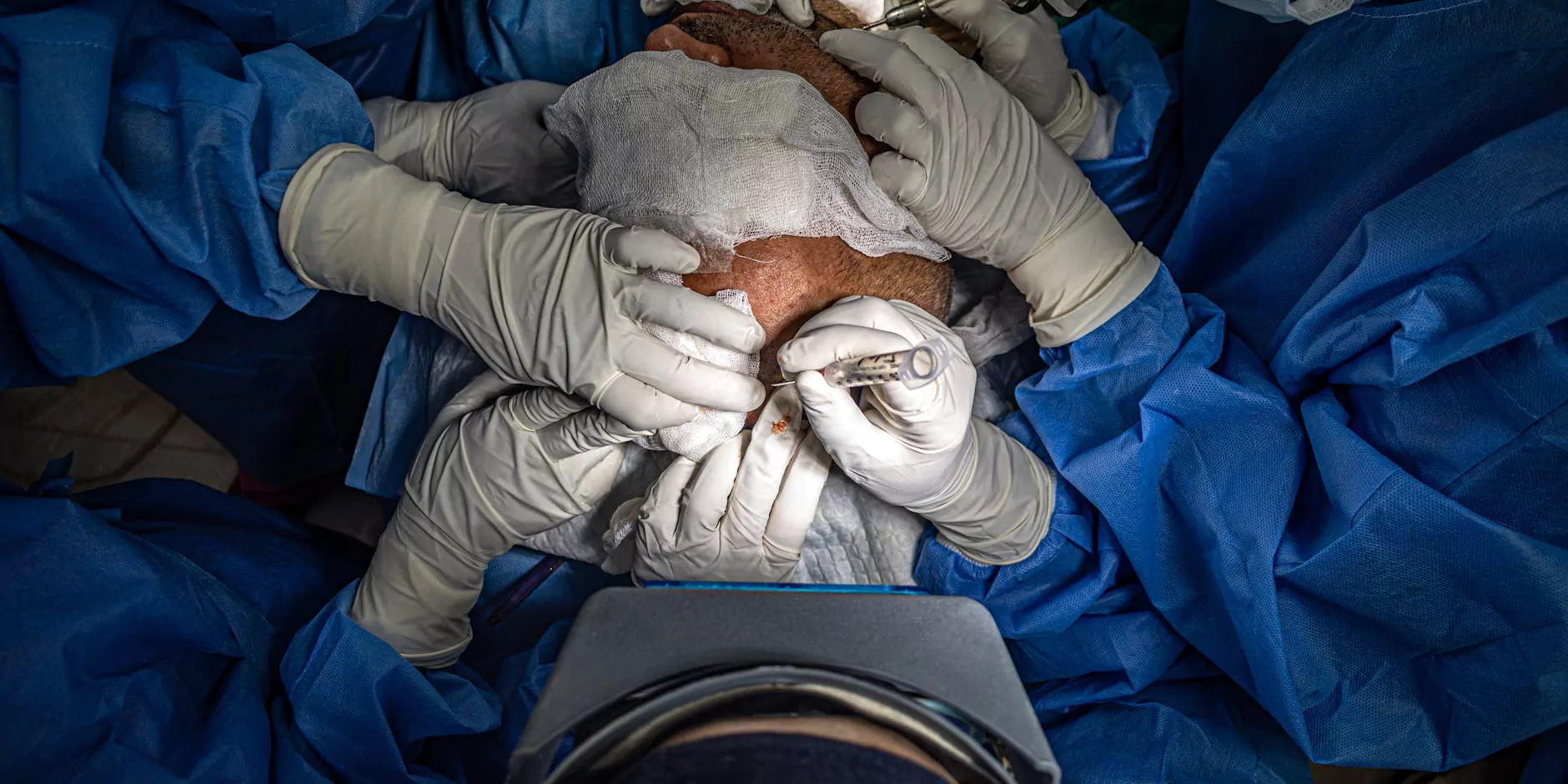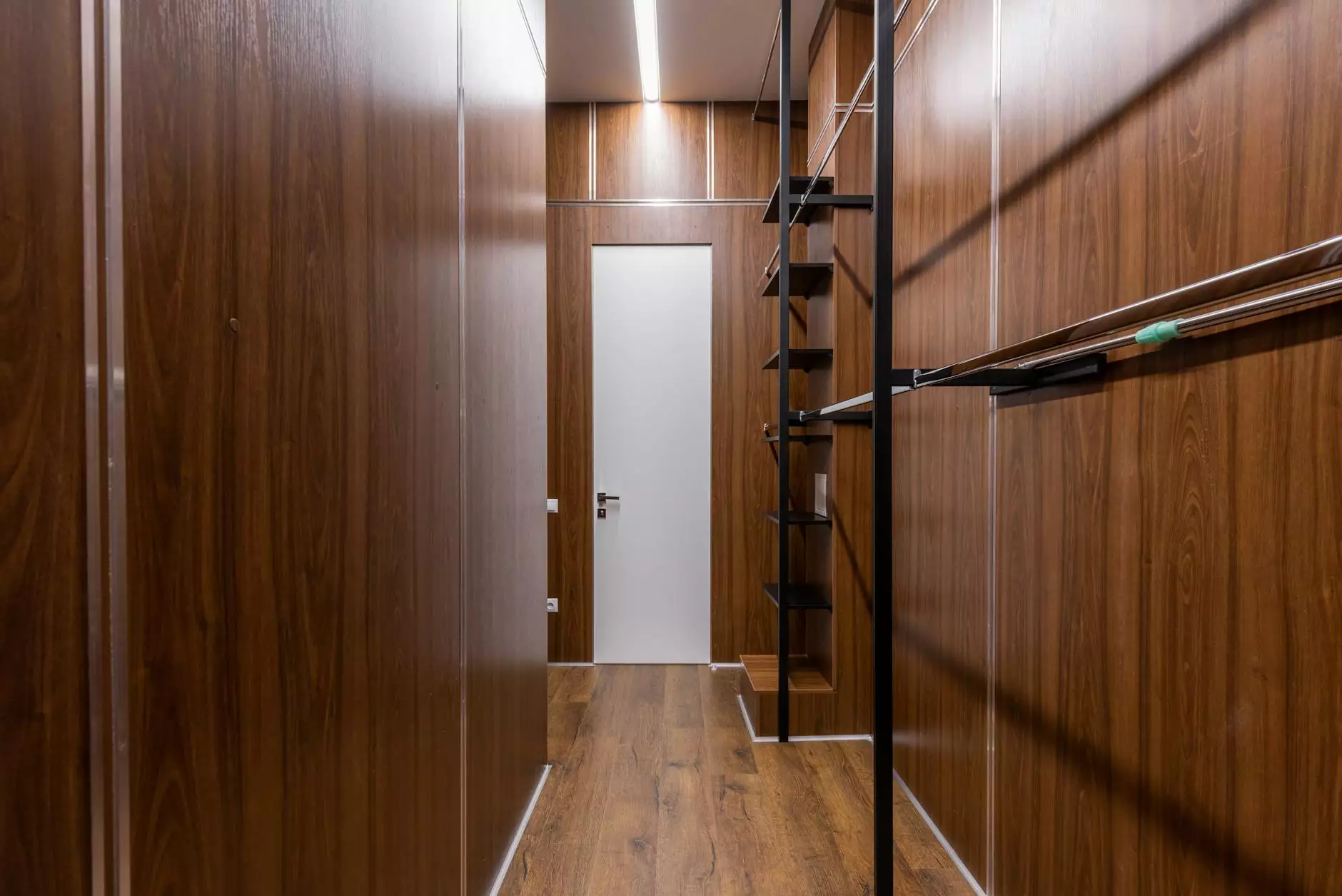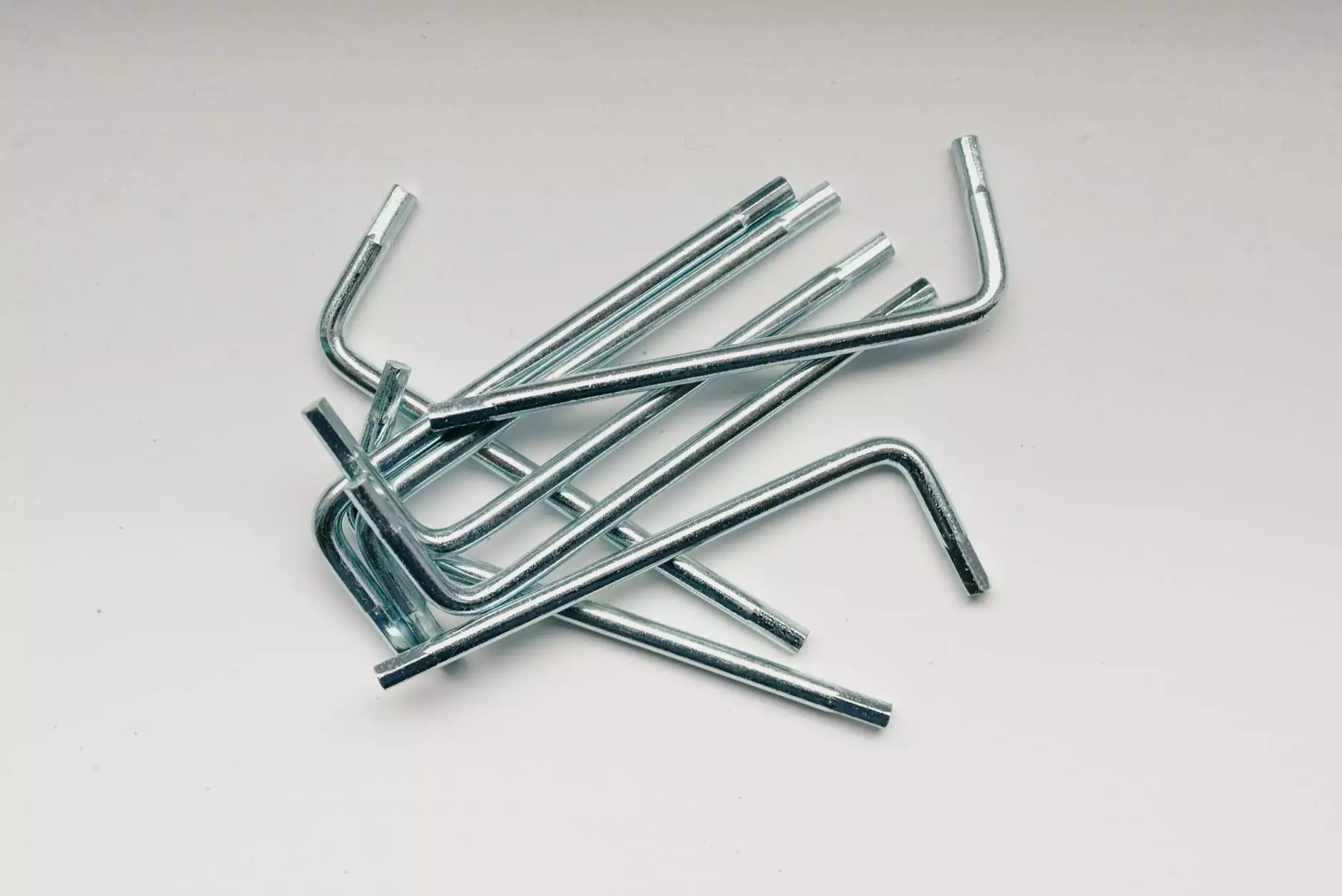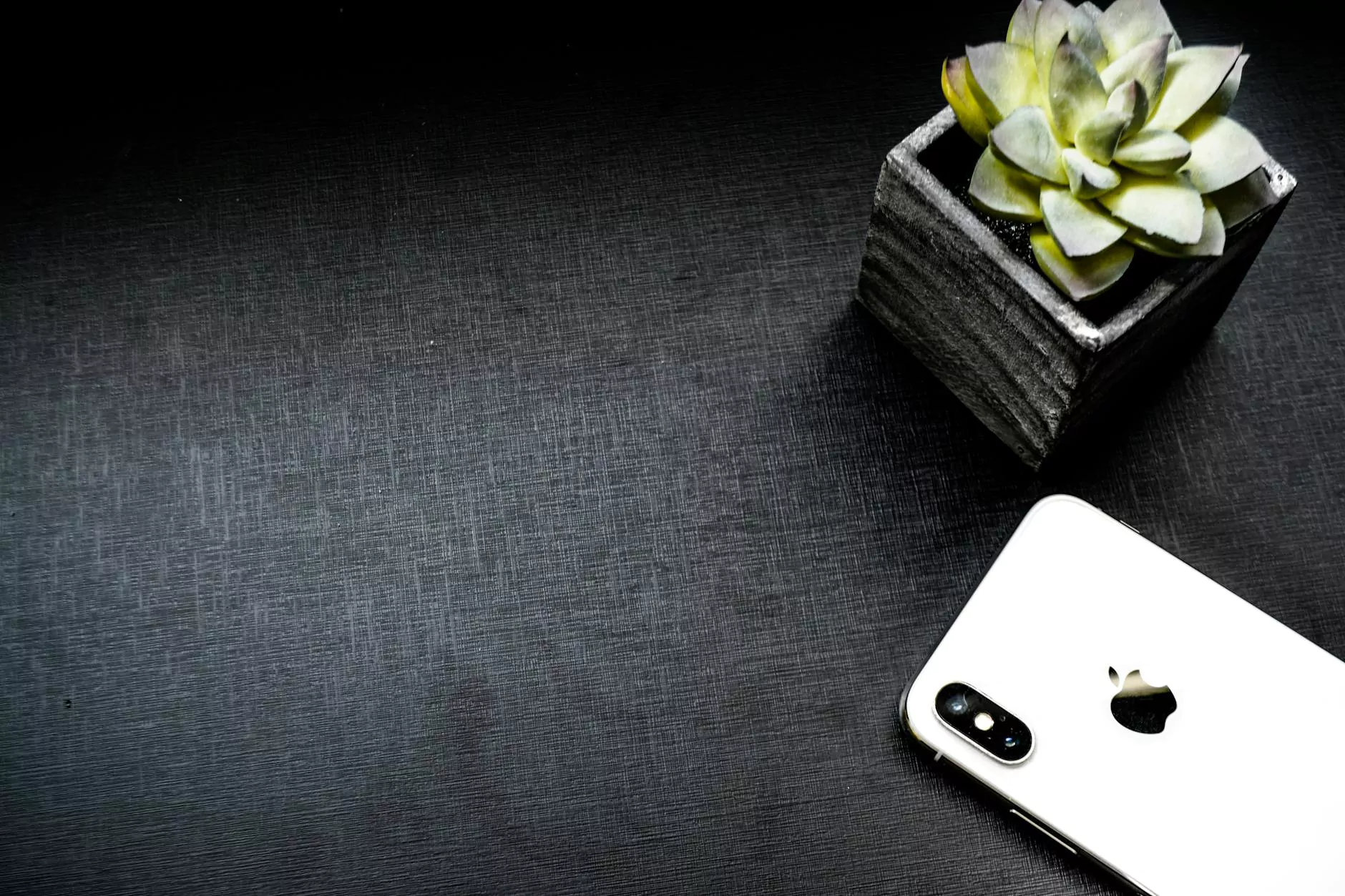Understanding Jaw Realignment Surgery Cost: A Comprehensive Guide

The field of health and medical procedures is continuously evolving, providing patients with improved options for dental and orthodontic health. One such option that is gaining traction is jaw realignment surgery, a procedure that can significantly enhance one's bite, appearance, and overall oral function. However, like any medical intervention, potential patients often find themselves questioning the jaw realignment surgery cost.
What is Jaw Realignment Surgery?
Jaw realignment surgery (or orthognathic surgery) is designed to correct structural abnormalities in the jaw. This surgery can address various issues, including:
- Misaligned jaws
- Facial deformities
- Bite problems, such as overbite or underbite
- You might experience difficulties in chewing or speaking
This surgery is typically performed by an oral and maxillofacial surgeon, and it may involve one or both jaws, depending on the patient's specific needs.
Factors Influencing the Cost of Jaw Realignment Surgery
The cost of jaw realignment surgery can vary significantly based on several factors. Understanding these can help patients make informed decisions. Here are the primary factors that influence costs:
1. Complexity of the Procedure
Not all jaw realignment surgeries are created equal. The complexity of each case can dramatically affect the price. More complex procedures that involve additional work on the bone may result in higher costs.
2. Geographic Location
The location of the medical facility plays a critical role in determining costs. Urban centers with advanced medical technologies and higher living costs tend to have higher prices compared to rural areas. Patients in cities like New York or Los Angeles may face higher charges compared to those in smaller towns.
3. Surgeon’s Experience and Reputation
The expertise and reputation of the surgeon can also impact cost. Highly experienced surgeons who have a solid track record may charge more for their services, reflecting their specialized skills.
4. Hospital or Clinic Facilities
The type of facility where the surgery is performed can affect costs too. Surgical centers that provide extensive amenities and technologies may charge higher fees compared to standard hospitals.
5. Pre-operative and Post-operative Care
Costs for jaw realignment surgery also include pre-operative assessments and consultations, as well as post-operative follow-up visits and complications if any arise. It's essential to account for these additional expenses when considering the total cost of the procedure.
Typical Cost Estimates
On average, jaw realignment surgery costs can range from $20,000 to $40,000 in the United States. However, it is essential to note that costs can significantly vary. Here is a broad breakdown:
- Consultation Fees: $250 - $500
- Surgical Fees: $10,000 - $30,000
- Anesthesia Costs: $1,000 - $3,000
- Hospital Stay (if applicable): $1,500 - $5,000 per day
- Post-operative Care: $1,000 - $3,000
Insurance Coverage Considerations
For many potential patients, insurance coverage is a crucial factor when evaluating the cost of jaw realignment surgery. Here are some important considerations:
- Does your plan cover orthognathic surgery? Most insurance plans cover jaw realignment surgery if it is deemed medically necessary, such as to correct issues that affect chewing or cause significant discomfort.
- Pre-authorization needs: Insurance companies may require pre-authorization before the surgery. This could include documentation from your dentist or orthodontist explaining the need for surgery.
- Co-pays and deductibles: Even with insurance, patients should anticipate co-pays and deductibles that may significantly affect their out-of-pocket costs.
Financing Options
If the jaw realignment surgery cost is a concern, many medical facilities offer financing options to make the procedure more manageable financially. Here are some avenues to consider:
- Payment Plans: Many clinics offer tailored payment plans that allow you to break down the surgery costs into manageable monthly payments.
- Healthcare Credit Cards: Specialized credit cards for healthcare expenses can provide short-term financing options. These often offer promotional interest-free periods for medical procedures.
- Loans for Medical Costs: Personal loans specifically geared towards medical treatments can also serve as a viable option for funding your procedure.
Recovery and Aftercare
1. Initial Recovery
After the surgery, patients can expect to spend a few days in recovery at home. Pain management will likely involve prescribed medications. Initial recovery may take 1 to 2 weeks, depending on the complexity of the procedure.
2. Diet Adjustments
Patients are often required to follow a soft food or liquid diet initially. This period may last for several weeks, meaning additional grocery costs for specialized nutritional needs.
3. Follow-up Appointments
Post-operative care often involves follow-up appointments with the surgeon to monitor healing and address any complications. These appointments can also contribute to overall costs.
Conclusion
Understanding the jaw realignment surgery cost is vital for anyone considering this procedure. By taking into account the factors influencing costs, potential insurance coverage, financing options, and recovery needs, you can make informed decisions that align with your health goals.
At MediGlobus, we strive to provide the most comprehensive resources for patients seeking health solutions. Our goal is to ensure that you are well-equipped with all necessary information regarding medical procedures such as jaw realignment surgery and to assist you in navigating the intricacies of health-related expenses.
Remember, investing in your health is always worthwhile, and with the right planning and understanding, you can achieve a better quality of life through effective dental correction procedures.








